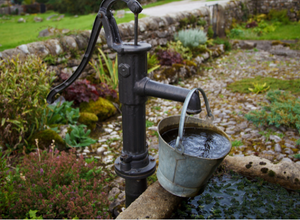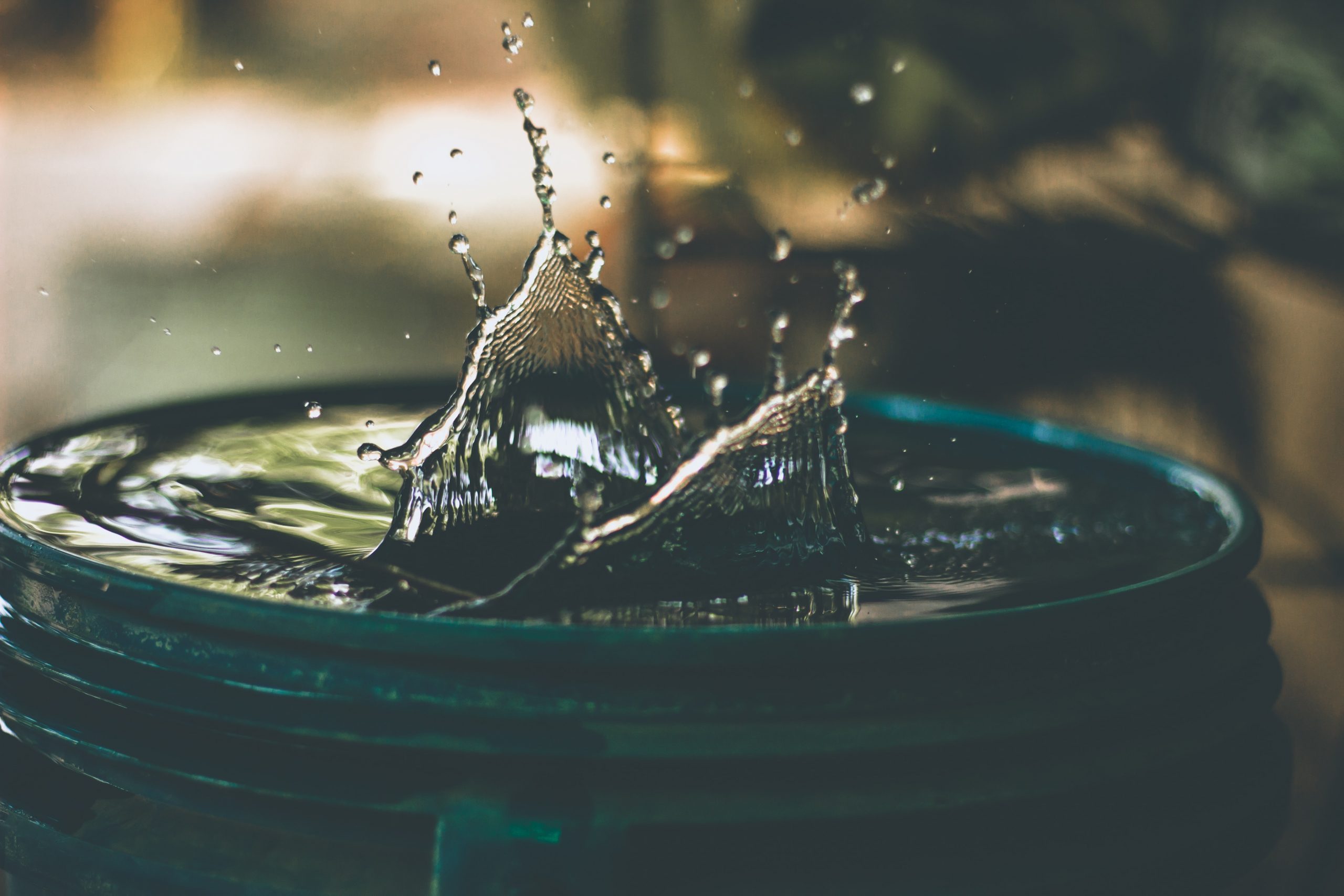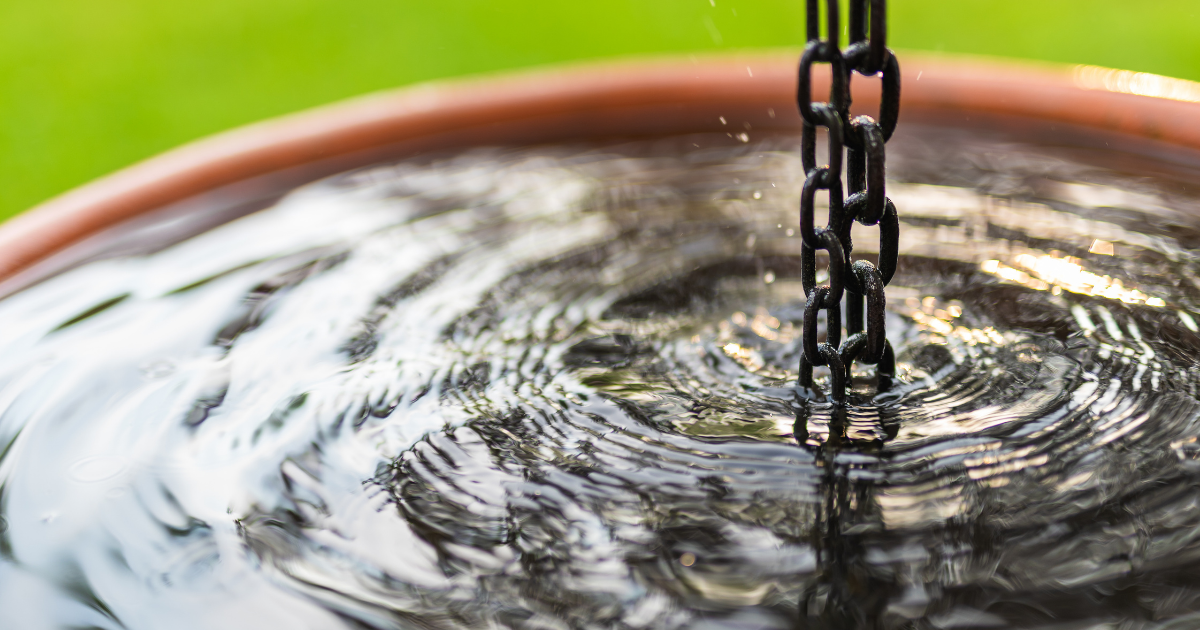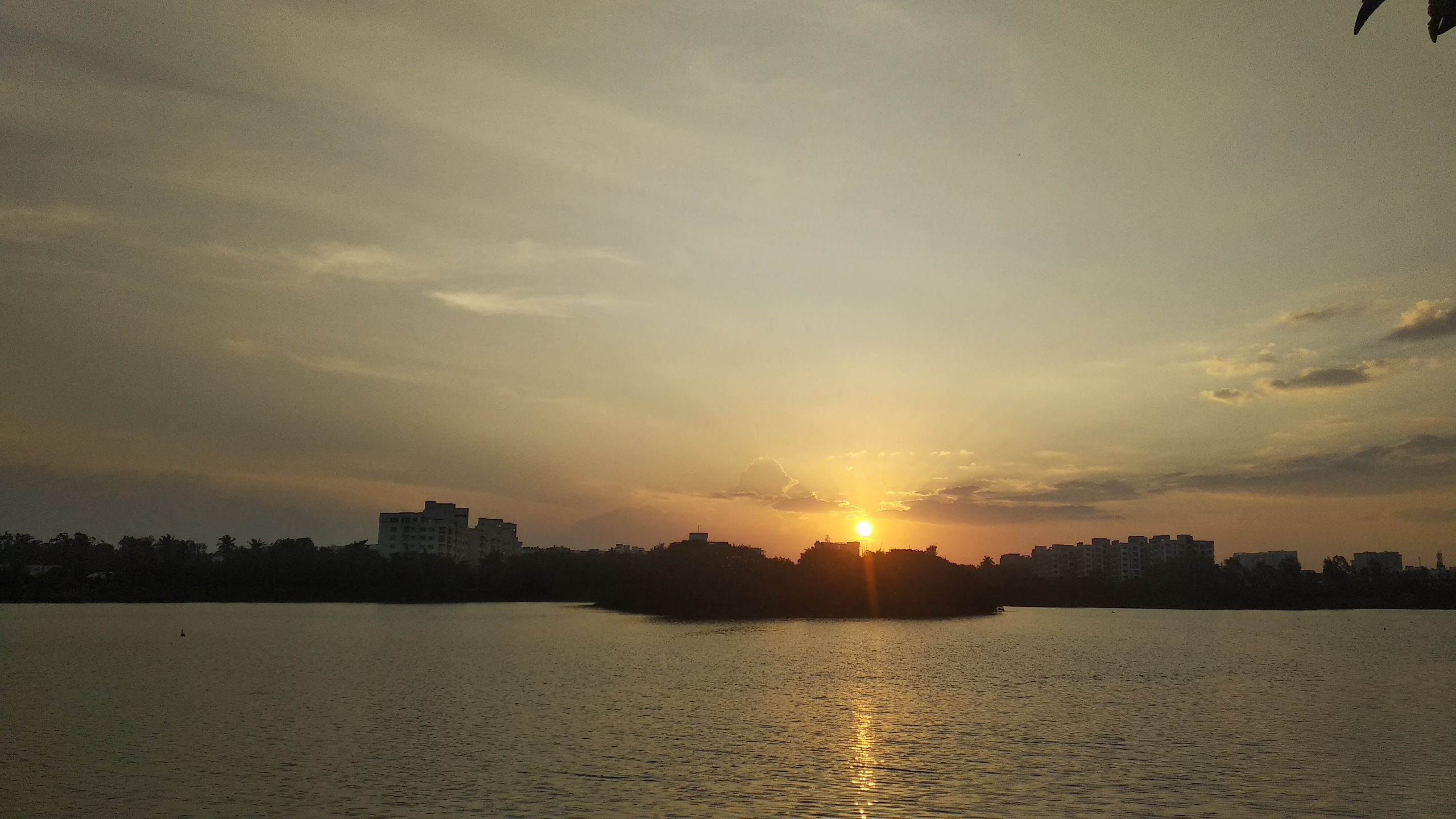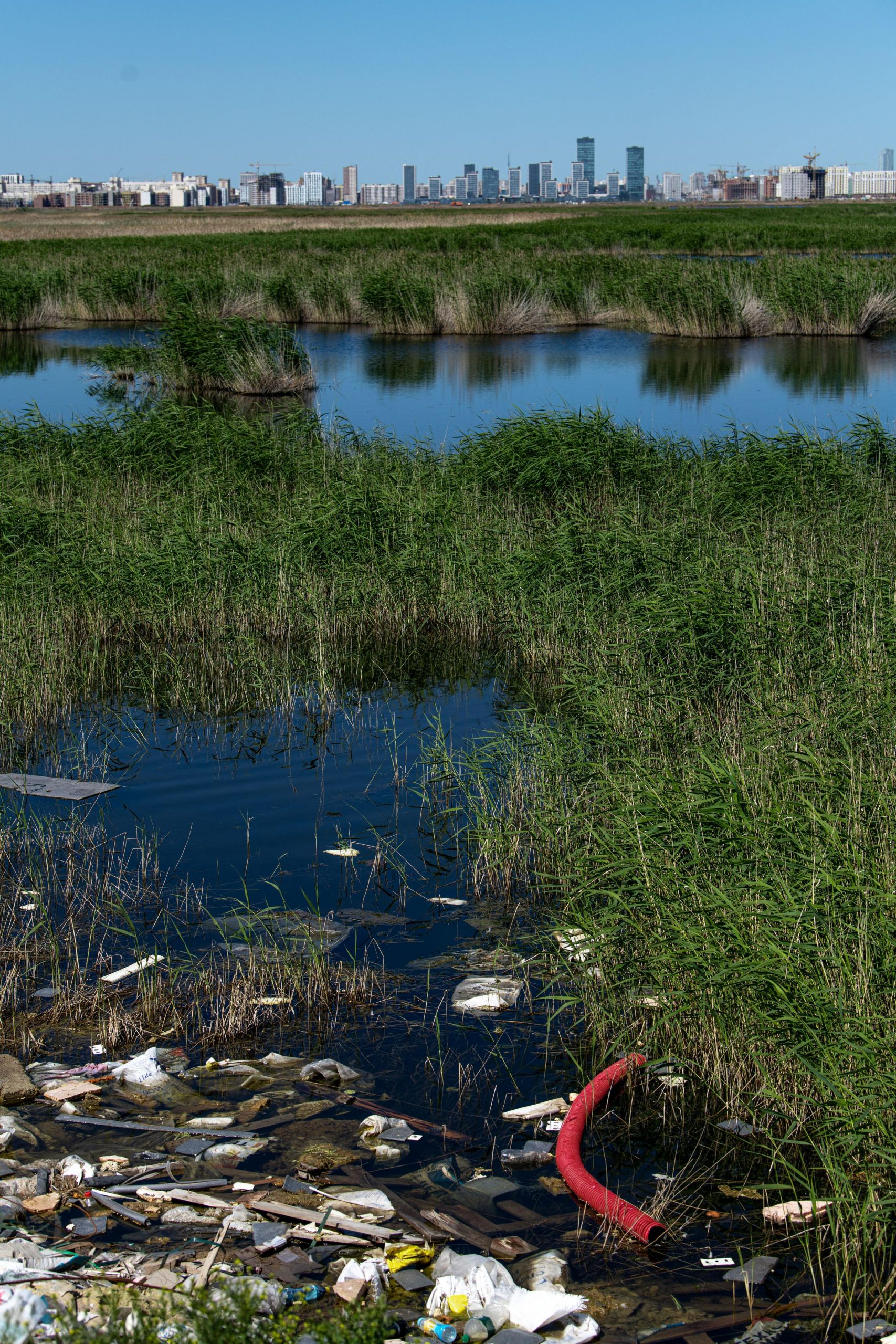ABOUT
Urban Waters - Bengaluru
Is digging another borewell in my layout a good idea? How deep do I need to go? How quickly will my borewell dry up? Can I reuse my wastewater? With the increased instances of heavy rain events, is there a way to mitigate flooding in my locality? Is there a way to turn around this problem and actually put this excess flood water to better use? We are all familiar with questions like these. Many of us have also had to endure the agony of seeing our borewells go dry and wondered what to do next. As much as these are problems being grappled with at an individual and community level, they are also a manifestation of the well-known issues faced by our city as a whole.
While our institutions of governance grapple with and try to address the larger challenges facing our rapidly growing city, we still need to respond to the everyday necessity of ensuring we have enough water, and we have to learn to do this intelligently. We have the power to change our relationship with water and our environment if we change the way we solve our everyday water problems – in our homes, our layout, or our apartment buildings. We have the opportunity to solve not just our individual problems, but to help the city as a whole. In Bengaluru, many conscientious individuals and communities have already begun to demonstrate how this can be done.
Urban Waters brings together the knowledge, experience, and practice of many such individuals, communities, practitioners, citizen activists and researchers. It seeks to inform, guide and provide any and all resources aimed at making us water-literate, community-oriented problem solvers who can act responsibly to protect our common urban water resources. It seeks to help make us a part of the solution rather than a part of the problem.
Born out of a three-year experiment called “Participatory Aquifer Mapping”, abbreviated (rather unimaginatively by the bunch of us) to PAQM, this website has evolved into an ongoing comprehensive knowledge base for the urban waterscape. The three years of rigorous work that enabled PAQM was generously supported by Wipro Ltd. and they continue to support the website in their quest to be more responsible corporate citizens. Wipro recognizes the need
to look beyond water use efficiency measures within its campus, and towards addressing the challenges of collective stewardship of our urban common water resources, especially our groundwater aquifers and local lakes.
It was this shared interest that brought organizations like Wipro, Biome Environmental Trust, ACWADAM and Mapunity in partnership, to leverage their combined strengths of citizen engagement, hydrogeology expertise, and participation-oriented digital tools, to try and understand how to manage the urban water resources collectively. In the past few years we have engaged with many communities, encouraged communities to share their stories and data, measured some important data parameters ourselves, and conducted many events to constantly share our evolving learnings with all of you.
This website formally presents the most important and actionable resources of our ongoing learnings and serves as a community resource for all to learn from and share.
Please contribute and share your feedback. Write to us at water@biome-solutions.com
Read our final report: Participatory Aquifer Mapping – Final Report
Intervention Areas
Featured Stories
View All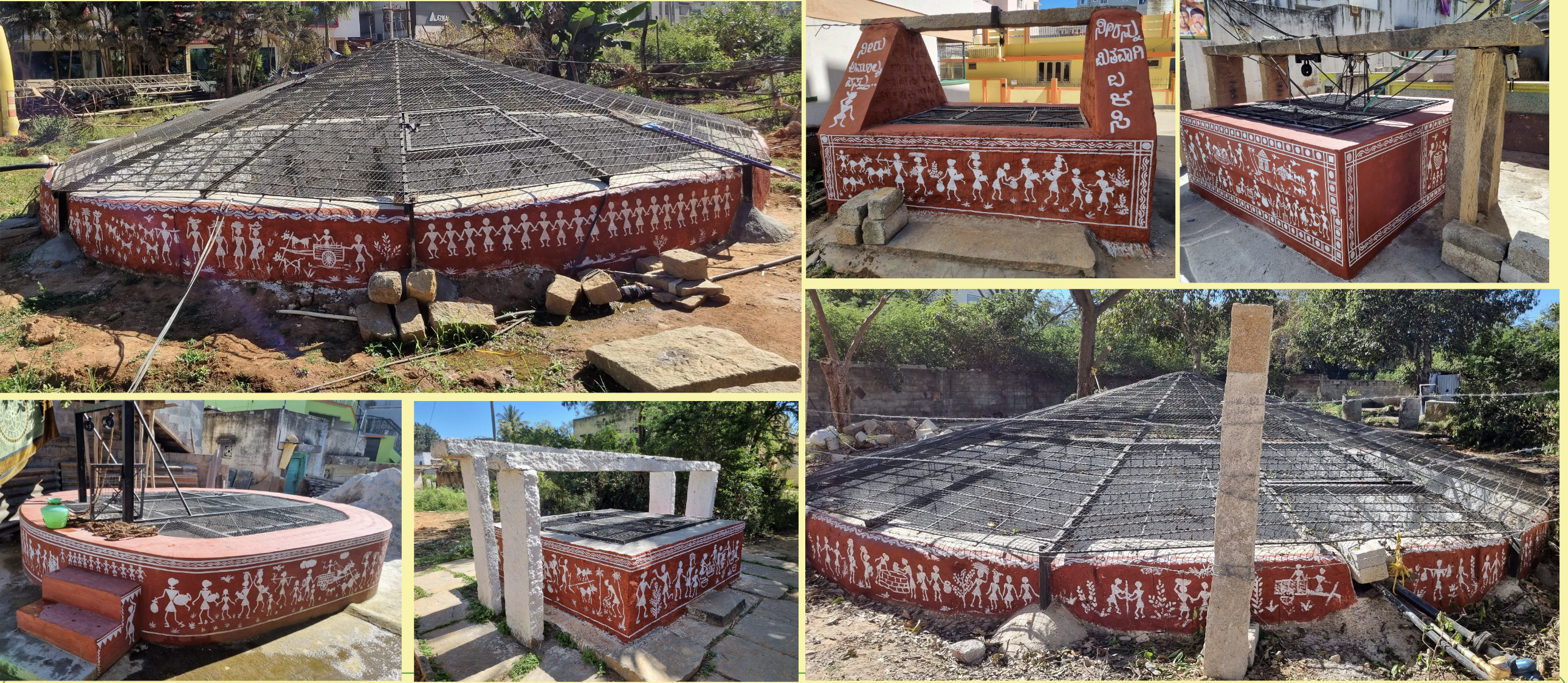
Rejuvenation of six open wells at Hunasamaranahalli
Context Hunasamaranahalli is a small town located 22 kilometres from Bengaluru city and comes under Yelahanka taluk, Bengaluru Urban district of Karnataka. The Town Municipal Council (TMC) was formed by the amalgamation of the gram panchayats of Hunasamaranahalli and Sonnappanahalli. Rapid urbanisation has resulted in many of the local residents giving up agriculture. The town… Continue reading Rejuvenation of six open wells at Hunasamaranahalli
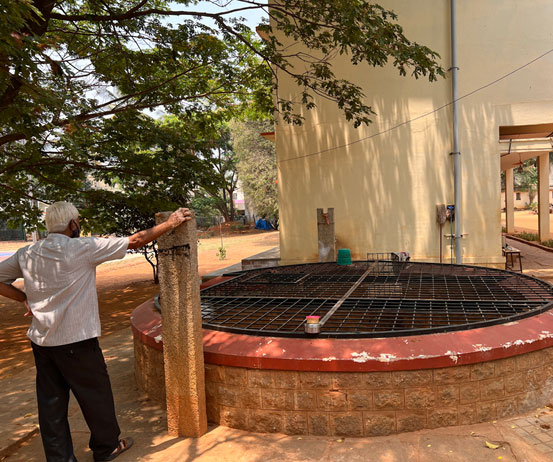
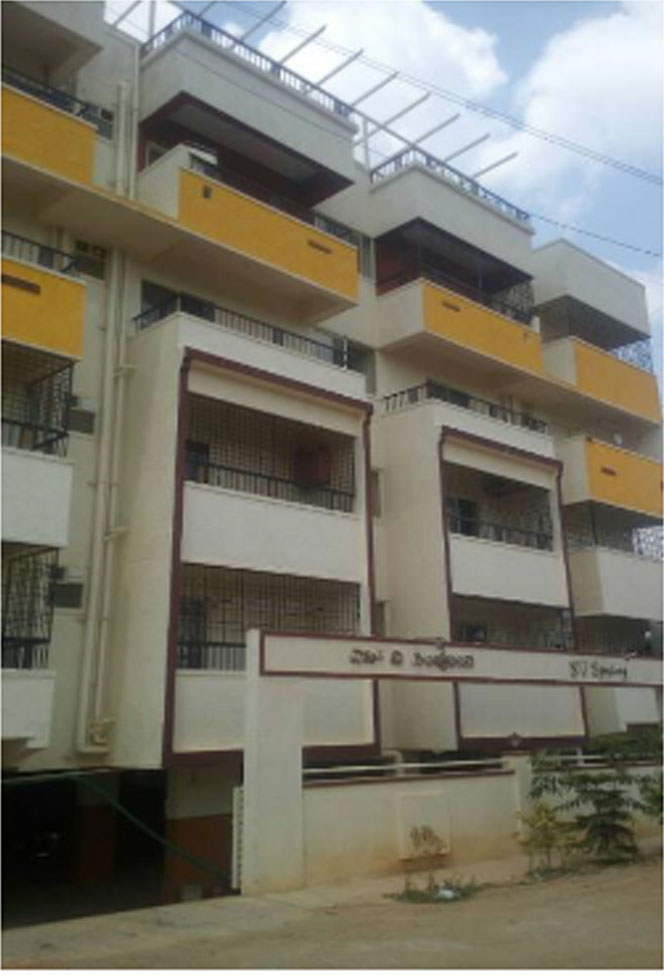
Water wisdom at SV Symphony Apartments



